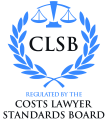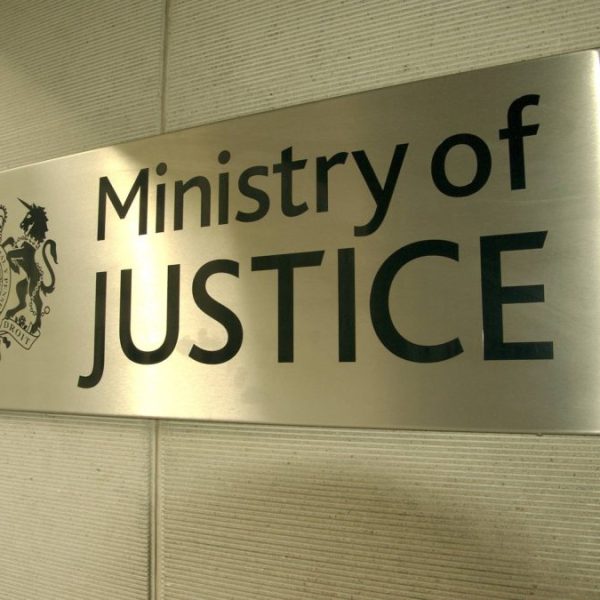At BarnsChapel, we understand the critical importance of maintaining transparency and accuracy in respect of costs of litigation, both between solicitor and client and, where required, between the parties. Statements of Costs are essential tools that itemise the costs incurred during litigation, ensuring all parties understand the financial implications of proceeding with the claim, and facilitating efficient costs recovery.
Portionality remains a fundamental principle in costs assessment following the Jackson Reforms. Courts now place significant emphasis on ensuring that costs claimed are proportionate to the matters in issue, making properly prepared Statements of Costs more critical than ever.
Our costs lawyers have extensive expertise in preparing accurate and comprehensive Statements of Costs, collaborating closely with solicitors to ensure all costs are properly documented and robustly justified.

Combining technical excellence with practical business understanding, our approach focuses on maximising your recoverable costs while minimising the administrative burden on your team.
Costs recovery requires meticulous preparation, clear narrative justifying time spent, and ensuring all entries demonstrate proportionality to the value and complexity of the case. In addition, clear strategic presentation of information and compliance with all formatting requirements also significantly impact recovery rates.
Our Statements of Costs are a clear, detailed breakdown of all costs pertaining to your case, including hourly rates, fee earner time, disbursements, and other relevant expenses.
All our Statements of Costs comply with current court requirements and Civil Procedure Rules (CPR) practice direction 44, ensuring they are submitted within mandated timelines. This helps you to secure maximum costs recovery.
We structure your Statement of Costs to highlight recoverable items and present them in the most favourable light, maximising your potential recovery while maintaining compliance with regulations.
All costs are documented with accuracy and attention to detail. This thorough approach supports the justification of your costs and helps withstand intense scrutiny from both the court and opposing parties.
We prepare Statements of Costs both for court proceedings and for client reporting purposes, ensuring appropriate cost management in all scenarios.
A Statement of Costs is a formal document that provides a breakdown of the costs and disbursements incurred during litigation.
It serves as the primary tool for the court to make a summary assessment, allowing the successful party to recover its reasonable costs from the opposing side.
This document must be submitted at least 24 hours before hearings lasting less than a day, or at least two days before fast-track trials. For more complex matters, earlier submission may be advisable.
A Statement of Costs is essential because it ensures transparency in relation to a party's costs incurred and provides the evidentiary basis for the winning party to recover its costs from the losing party.
It also serves as a valuable record for client billing and helps demonstrate compliance with costs budgeting obligations.
A Statement of Costs must include fee earner details (including grade and hourly rates), disbursements, court attendance costs and VAT calculations.
All items must comply with the current Civil Procedure Rules and should be presented in the appropriate N260 format.
A Form N260 is the court form used for providing the court and the opposing party with details of a party’s costs for summary assessments
Statements of Costs are used for summary assessment, typically for interim applications, shorter hearings and fast-track trials.
They are less formal than Bills of Costs, which are used for detailed assessment in more complex or high-value litigation.
Statements of Costs are typically prepared using Form N260, while Bills of Costs follow a more extensive format and may require electronic submission.
While solicitors may prepare Statements of Costs, specialist costs lawyers or costs draftsmen often handle this task due to their expertise in maximising recovery, thereby ensuring compliance with procedural rules.
The ultimate responsibility lies with the solicitor on record.
If a Statement of Costs is not submitted within the required timeframe, the court may disallow the recovery of those costs entirely or significantly reduce the recoverable amount.
This can result in substantial financial losses for your firm and clients, which is why our timely preparation and submission service is so valuable.
If the opposing party disputes items claimed in a Statement of Costs, the court will make a summary assessment based on the Statement and any objections raised.
The court may reduce specific items or apply a general percentage reduction if costs appear disproportionate or unreasonable.
A Wasted Costs Order (WCO) can be imposed on legal representatives if they are found to have engaged in improper, unreasonable, or negligent conduct during litigation?
This means that lawyers can be held financially responsible for the consequences of their actions and ensures that any such misconduct does not unjustly burden others.
Have a question about Costs Law that we haven’t answered, or want to have a chat about what we do and how we do it?
Use the contact details below to get in touch, or fill in our contact form and we will get right back to you.




© 2025 BarnsChapel Ltd. All Rights Reserved